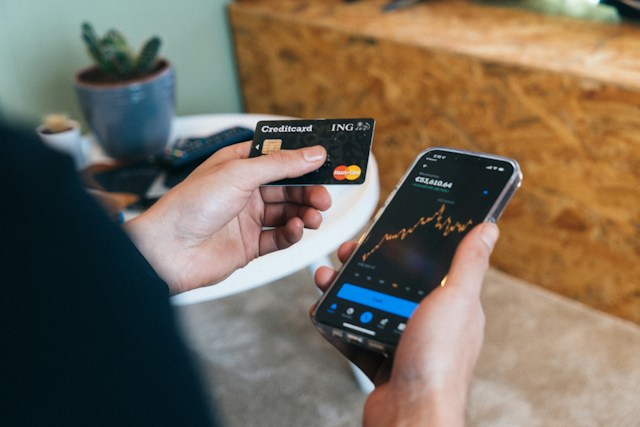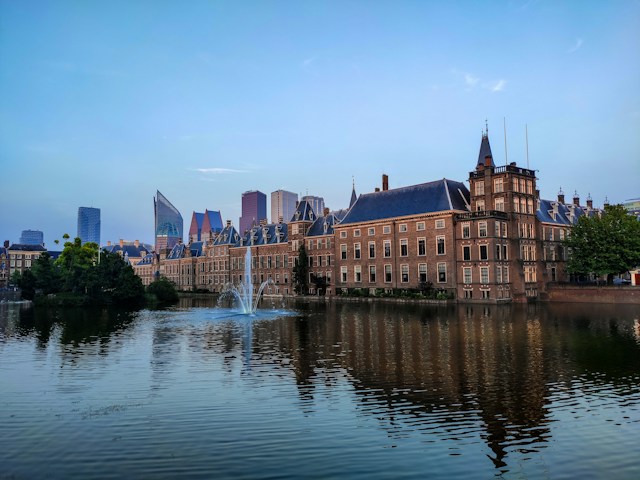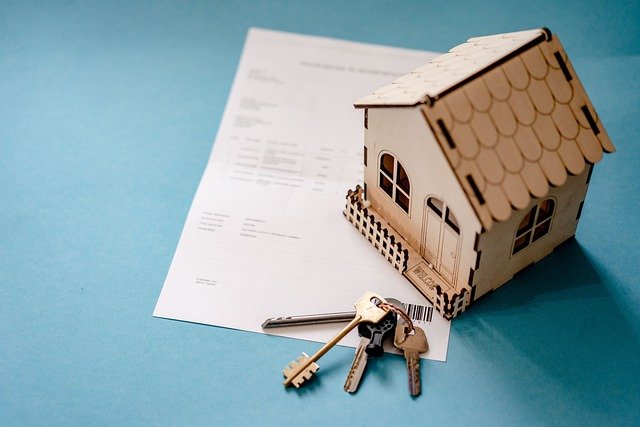Relocating to the Netherlands
Ranked 11th on the global quality index, the Netherlands is an appealing country to emigrate to, with excellent health services. The employment rates in the Netherlands are high, along with elevated life satisfaction rates. Moreover, many exchange students these days prefer to move to the Netherlands because of its high-quality education and job opportunities. There are a few things you need to take care of when moving to the Netherlands. For example, if you are moving to the Netherlands, you need to bring all the appropriate documents, your passport, and a suitable place for accommodation beforehand.
If you are planning to stay in the Netherlands for a short interval, let’s say three months, you must apply for C-Visa and if you want to stay for longer, get your MVV Visa, which accounts for permanent residence. It is also necessary that you must register yourself to the ’gemeente’, a town hall of the Netherlands. Besides that, you must also know the language of the country. Dutch can be tricky to learn, but if you have planned life in Netherland, you might have to put extra effort into learning it. Also, do not forget to convert your currency to Euros.
Useful guides to get you started
Get connected in the Netherlands
The next essential thing that you should know when moving to the Netherlands is to stay connected. There are many options you can choose from when you get a mobile phone service. The first one is a post-paid service in which you get a certain amount of time to call or message someone, and after a month you will receive a bill. These subscription services will charge you an initial connection fee and provide you special monthly offers. The next one is the, a cheap and best option. This is the most popular service among the Dutch people as it is affordable and doesn’t require any subscription fees. You only have to recharge your mobile phone, according to your requirements, and enjoy the services. The next financially attractive option can be a sim-only service. Simply, buy a simlock-free phone and take out a sim-only subscription. Besides, there are over 30 internet service providersin the Dutch market you can choose from.
Heads-up: Don’t forget to bring your passport or driving license or proof of your current address while planning on purchasing a new mobile phone. Also, if the existing subscription is not working fine, you can simply switch it to another subscription with the same number as before.
Useful guides to get you connected
Working and living in the Netherlands
There are ample amount of job opportunities in the Netherlands for expats to explore. Many Dutch internationals, such as Philips, Heineken, ING group, and many more job recruitment companies provide job services to expat workers in the Netherlands.
Generally, people in the Netherlands work for 36-40 hours per week, nine to five working hours every day. The organizations are very well-structured, with a friendly working environment. They follow a decision-making process, in combination with a horizontal structure that supports step-by-step planning. Dutch companies tell about the scheduled meetings well-ahead of time, respecting the convenience of their employees. You should also know that all non-European citizens need to have a valid work visa. They must also have a residence permit to work in specific jobs, such as musicians, visiting teachers, etc. for a short period. Expats can get their GVVA from the Dutch Immigration and Naturalisation Department (IND). They need relevant documents and have to submit certain forms online with a fee. Once everything is completed, the IND will ask the UWV to advise if the expat may or may not live and work in the Netherlands.
Furthermore, to get an apartment in the Netherlands, one can go through various search engines, such as Funda.nl, Esteon, Wimdu, and many more. The expats can also find excellent accommodations from the classifieds and real estate agents. Once you are settled in the Netherlands it would make sense to arrange a Dutch bank account. You will need a Dutch bank account to receive your salary and for a lot of other administrational purposes. When you want to keep your overseas bank account it would be smart to get at least a prepaid credit card because this will save you a lot of withdrawal costs.
How to get registered in the Netherlands
Expats who are planning on staying longer than three months need to register themselves at the Gemeente. It doesn’t matter if you are an EU or non-EU citizen, everyone is required to get the house address registered. It is essential as it helps to keep track of the population size and to allocate the right municipal taxes to each household. Generally, the rule is to get registered within the fifth day of your arrival at the town hall of your municipality. But, if you don’t have a fixed address when you arrive, you must register once your accommodation contract is completed.
The registration process is simple. You need to call your local town hall (gemeente) and book an appointment for ‘registration from abroad.’ Soon enough, you will get a confirmation by post or email, along with the list of essential documents that you need to bring for registration.
Expats must bring a valid work visa, an identity card (not driving license), residence permit, a rental contract, and an authentic birth certificate in Dutch, English, German or French language. Moreover, people who fail to register themselves on time can suffer hefty fines of over 300 euros. If you are leaving the country, you must as well de-register yourself at your local town hall, free of cost.
Useful guides for a smooth transition after your move
What you need to know before moving to the Netherlands
The Netherlands has a very colorful and diverse culture, expressing the essence of regional differences and foreign influences cropped up over the centuries. The people of the Netherlands speak various languages, Dutch being their primary language. Other popular dialects that people speak are West Frisian, Low Saxon, and Limburgish. Furthermore, the Netherlands also has an extensive history of religion, including Christianity, Islam, Hinduism, Buddhism, and many more. In the Netherlands, there are over 45.000 jews and around 215.000 Hindus. Dutch cheese products are very popular around the globe. The cheese markets in Alkmaar, Gouda, and Edam recall the ancient cheesemaking traditions of the Netherlands. Besides, wooden shoes or clogs are still the traditional trademarks of the Dutch. For hundreds of years, clogs have been the traditional footwear in Rotterdam and Amsterdam. In addition, the Dutch pottery – Delfts Blauw is still very popular and has been manufactured in Delft city since the 17th century.
Also, traditional Dutch food is quite simple and straightforward. Before the 20th century, the Dutch people liked to eat regional bread, paired with local cheese, seasonal vegetables and meat. Stroopwafels, kroketten, patat, bitterballen and so on are some of the most popular delicacies of the Dutch people.








